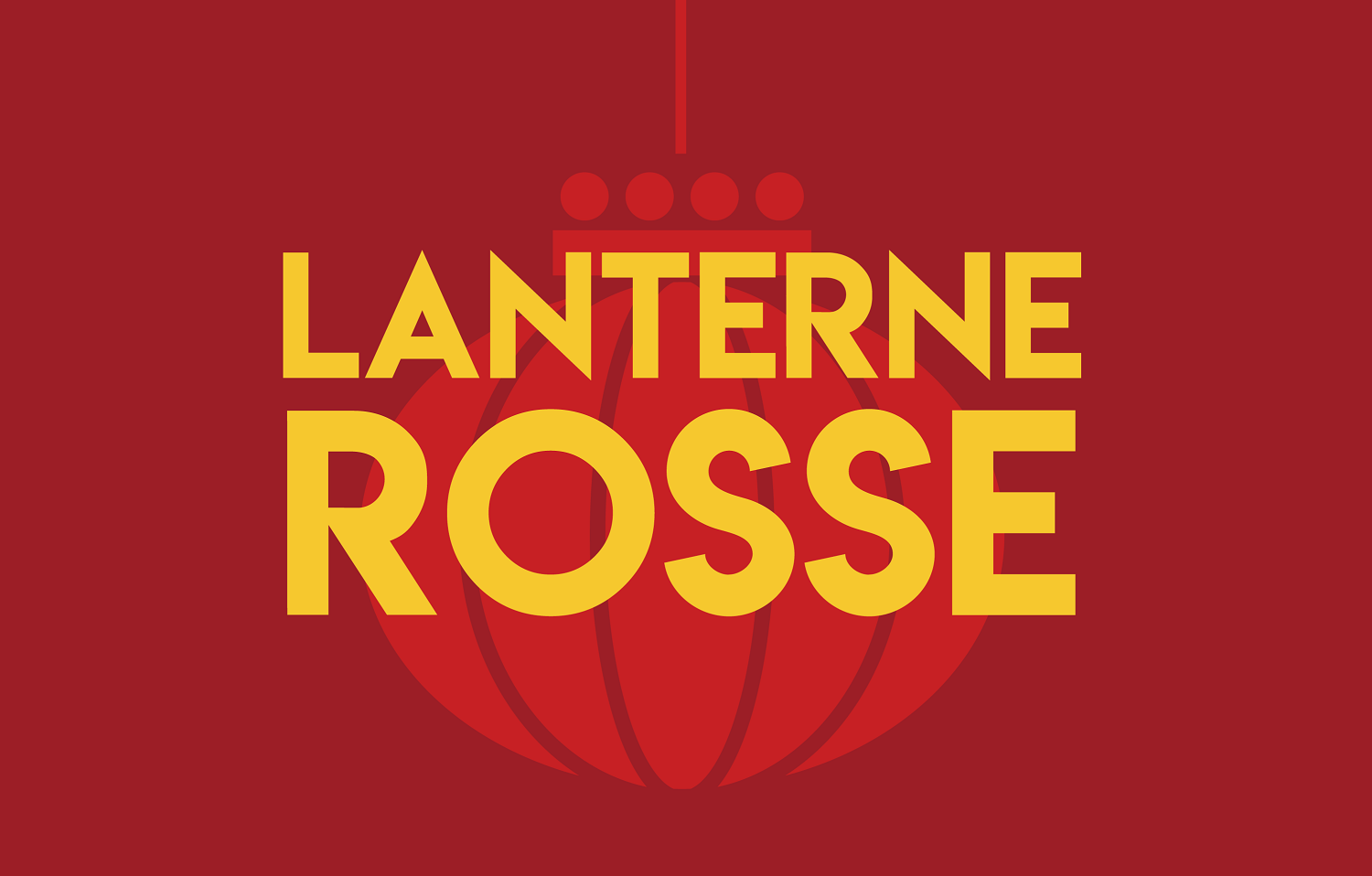Putin and Xi discuss immortality, while forced transplants remain a problem in China
In a chat picked up by a hot mic, Vladimir Putin and Xi Jinping talk about the possibility of organ transplants allowing people to live up to 150 years. China has never adopted a clear and transparent system for organ donation. Despite new regulations, forced organ harvesting reportedly continues, especially from members of minorities.
Beijing (AsiaNews) – A hot mic captured a conversation between Russian President Vladimir Russo and his Chinese counterpart Xi Jinping during the parade yesterday in Beijing marking the 80th anniversary of the end of World War II.
In the recording, Putin's Mandarin interpreter is heard saying that, “human organs can be continuously transplanted, and people can live younger and younger, and even achieve immortality.” To which Xi responds by saying that life can now be extended to 150 years.
Despite the apparent banality of the exchange, the issue of organ transplants in China has long been a topic of debate, both at home and abroad.
It was only in 2024 that new regulations on human organ donation and transplantation came into force, meeting international standards set by the World Health Organisation (WHO), respecting the principles contained in the Istanbul Declaration on Organ Trafficking and Transplant Tourism.
However, some activist groups contend that despite the adoption of new regulations, organ transplants from prisoners or members of certain ethnic groups will continue, and will certainly not put an end to transplant tourism in China.
As recent as 2021, United Nations human rights experts expressed concern about reports of “organ harvesting” from specific groups, including Falun Gong practitioners, who have long been persecuted by Beijing, and members of ethnic and religious minorities, such as “Uyghurs, Tibetans, Muslims and Christians, in detention in China.”
In a statement, UN rapporteurs reported that “experts said they have received credible information that detainees from ethnic, linguistic or religious minorities may be forcibly subjected to blood tests and organ examinations such as ultrasound and X-rays, without their informed consent; while other prisoners are not required to undergo such examinations. The results of the examinations are reportedly registered in a database of living organ sources that facilitates organ allocation.”
China has enacted regulations in the past against the illegal organ trade, yet according to sources interviewed by Radio Free Asia, approximately half of transplants for members of China's political and military elite take place in military hospitals.
Since 2015, organ donations have been mandated to be exclusively voluntary and performed between living relatives, but demand has continued to outstrip supply, and tens of thousands of transplants performed in China are not documented in official records, according to activists monitoring the issue.
A Chinese court concluded in 2020 that "forced organ harvesting from prisoners of conscience has been practised in China for a substantial period of time, involving a very substantial number of victims”.
Transplant tourism continues to be a billion-dollar business, to the point that Taiwan has had to introduce a series of restrictions to curb the practice.
Following the publication in 2020 of the Independent Tribunal's final ruling on Forced Organ Harvesting from Prisoners of Conscience in China, several US commissions addressed the issue of forced organ harvesting.
According to testimony given last year by Ethan Gutmann, a researcher at the Victims of Communism Memorial Foundation, China began conducting large-scale biometric testing on Uyghurs starting in 2014 due to the depletion of supplies of Falun Gong practitioners at an optimal age for organ harvesting.
UN human rights experts had already raised the issue with the Chinese government in 2006 and 2007, but the responses proved deficient and opaque.
The main problem in describing the problem is the lack of available data and the absence of transparent information-sharing systems, preventing the traceability of donations and transactions.
RED LANTERNS IS THE ASIANEWS NEWSLETTER DEDICATED TO CHINA. WOULD YOU LIKE TO RECEIVE IT EVERY THURSDAY? TO SUBSCRIBE, CLICK HERE.
12/02/2016 15:14
02/01/2024 18:47
09/05/2019 21:07







.png)










